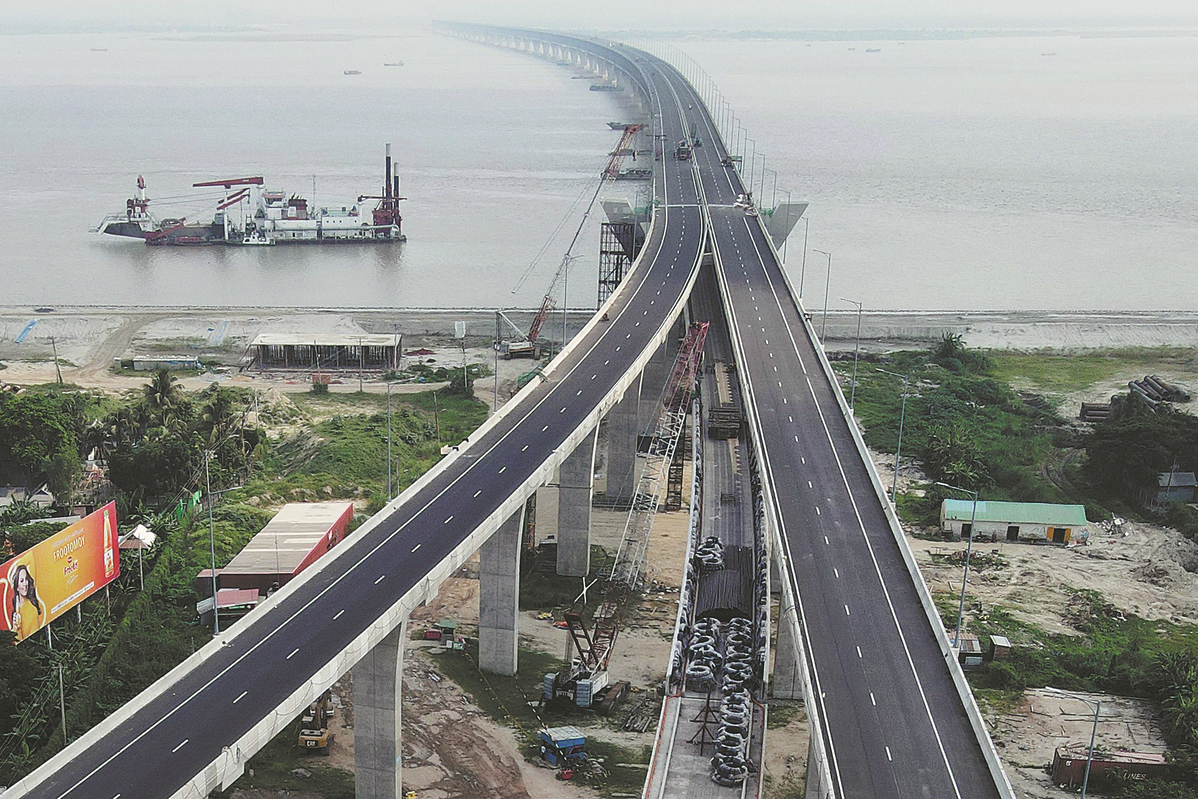Unmasked: The face of the real debt trap maker


China is often accused by the US and others of exploitative behavior in developing countries but the facts point to the true source of the problem: the West
The United States and other Western countries often accuse China of leading developing countries into so-called debt traps, but studies show that if anyone is creating such traps it is Western countries and financial institutions, analysts say.
In an opinion piece in The New York Times on Aug 16 the Sri Lankan writer Indrajit Samarajiva said his country's economic and political collapse had largely been the result of Western debt traps.
Western media have accused China of luring Sri Lanka into a debt trap, he said, "but from where I'm standing, ultimate blame lies with the Western-dominated neoliberal system that keeps developing countries in a form of debt-fueled colonization".
And despite Western claims of Chinese predatory lending, only 10 to 20 percent of Sri Lanka's foreign debt is owed to China, Samarajiva said, noting that most is "owed to the United States and European financial institutions or Western allies like Japan".
"We died in a largely Western debt trap," Samarajiva said.
Ehizuelen Michael Mitchell Omoruyi, executive director of the Center for Nigerian Studies at the Institute of African Studies at Zhejiang Normal University, said that in Africa in recent decades China has made many commitments to cancel the debts of borrowing countries.
This month China announced that it will waive 23 interest-free loans for 17 African countries that had matured by the end of last year.
"For countries that have failed to pay their debts in a timely manner, China has offered a variety of debt restructuring options to help African countries tide over their difficulties, rather than using asset seizures and other means to require borrowers to pay off their debts," Omoruyi said.
He cited a report of the China-Africa Research Initiative at Johns Hopkins University that said China restructured or refinanced about $15 billion of African debt between 2000 and 2019, without asset seizures that countries such as the US have criticized when they talk of debt traps.































